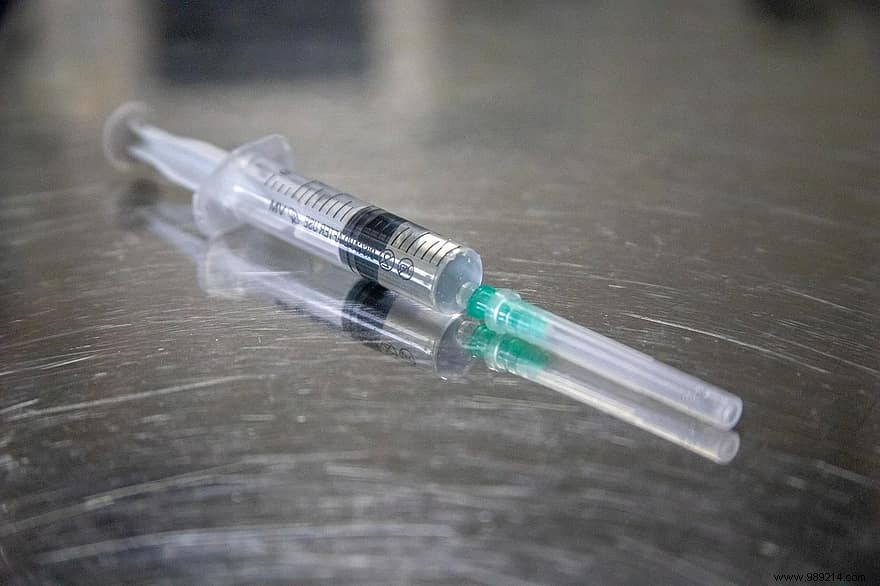US researchers conducted simulations to understand how effective a vaccine against SARS-CoV-2 could defeat the pandemic. According to the directors of the study, this efficiency should be at least 80%.
Currently, no less than 150 vaccines are developing around the world. Of these vaccines, five have entered phase III. It is now a question of verifying their effectiveness on a very large sample, namely between 30 and 40,000 people. This is obviously the last step before applying for marketing authorization. In addition, Russia recently announced the arrival of its Sputnik V vaccine. However, world health authorities, led by the WHO, have not yet approved the product.
Developing a vaccine and marketing it is not enough. Indeed, it must generate a sufficient immune response in a large number of people. However, this is an already known difficulty. For example, the effectiveness rate of the flu vaccine did not exceed 30% in 2016. Indeed, there was a new mutation of the dominant strain of the virus. Other vaccines do much better, such as the measles vaccine, which is between 93 and 98% effective.

Researchers from the CUNY Graduate School of Public Health &Health Policy conducted a study published in the American Journal of Preventive Medicine on July 15, 2020. Their simulations were intended to 'to establish the minimum efficacy of a vaccine to defeat the current pandemic of Covid-19. According to the results, the effectiveness of the vaccine should be 60% if the entire population is vaccinated. However, the most likely scenario is 75% vaccination coverage. The vaccine will then have to be 80% effective to stem the pandemic.
This containment will take the form of an 85% peak reduction if 5% of the population is already immunized. This same reduction will be 62% if we consider that 15% of the population has already been exposed to the virus in the absence of a vaccine. However, the researchers believe that a single vaccine alone will not be able to allow a return to normal, that is to say a daily life without barrier gestures and social distancing. This would require the vaccine to perform extremely well, but this scenario is unlikely.
The study directors believe that a vaccine with less efficacy could still be useful. Indeed, a less effective vaccine may help reduce engorgement health systems. Researchers estimate that 40% effectiveness would prevent 89.5 thousand days of hospitalization , but also the placement of 2.8 million people on artificial ventilation.
In addition, if it does not completely stem the pandemic, it can still be administered in priority to fragile people . This may prevent a large proportion of serious cases and save lives and hospitalization costs. The unknown also concerns the threshold that will be accepted by all global health authorities. In the United States, the Food and Drug Administration (FDA) has already declared that it wants to authorize a vaccine against the coronavirus only if it proves to be at least 50% effective.